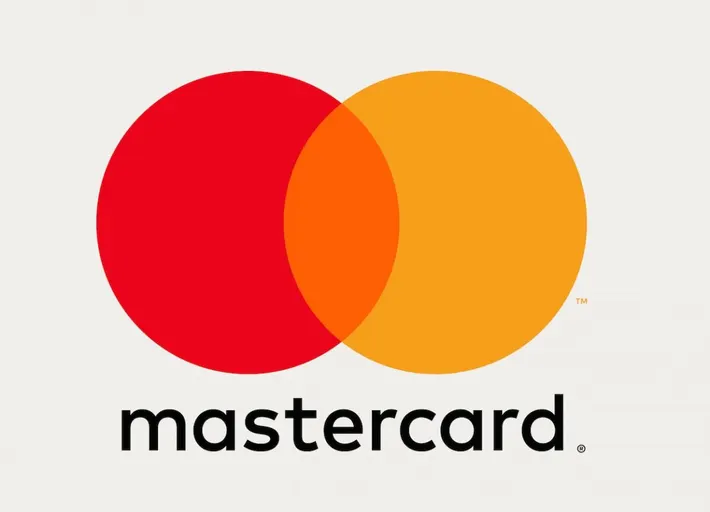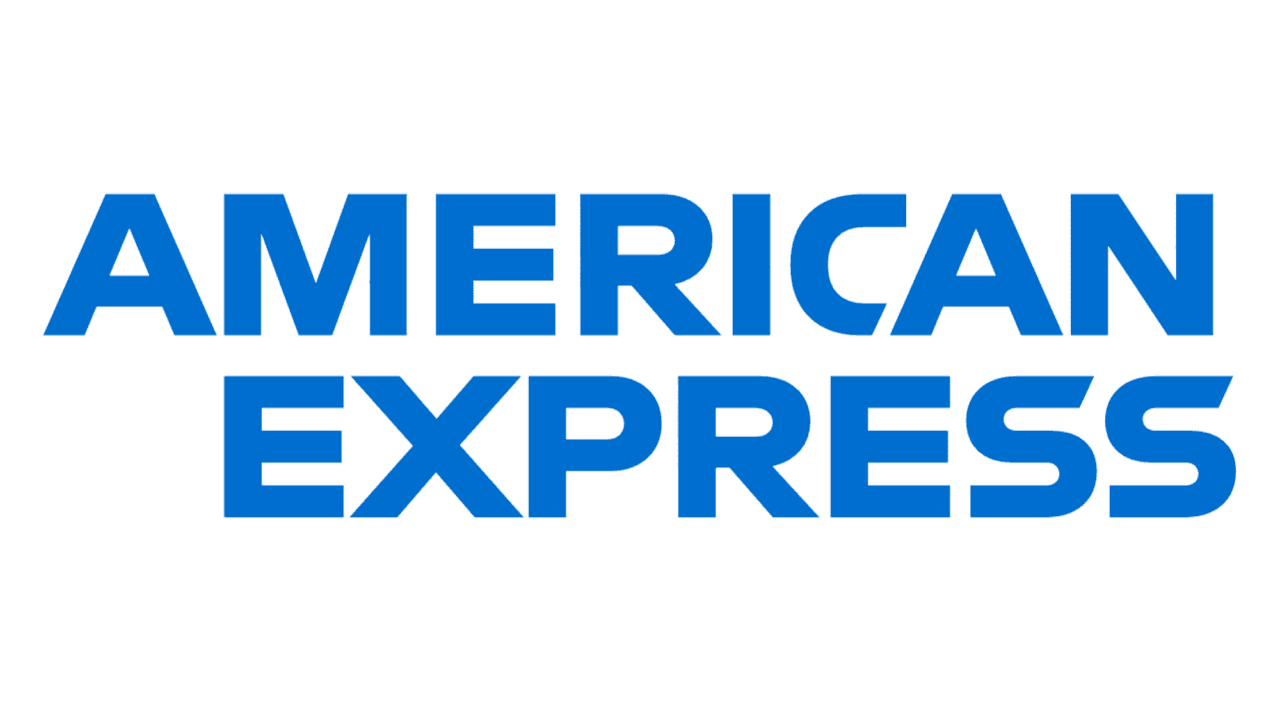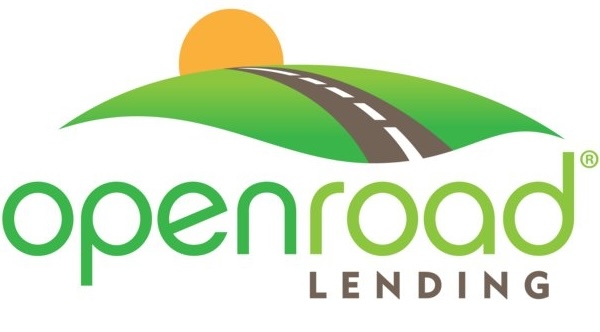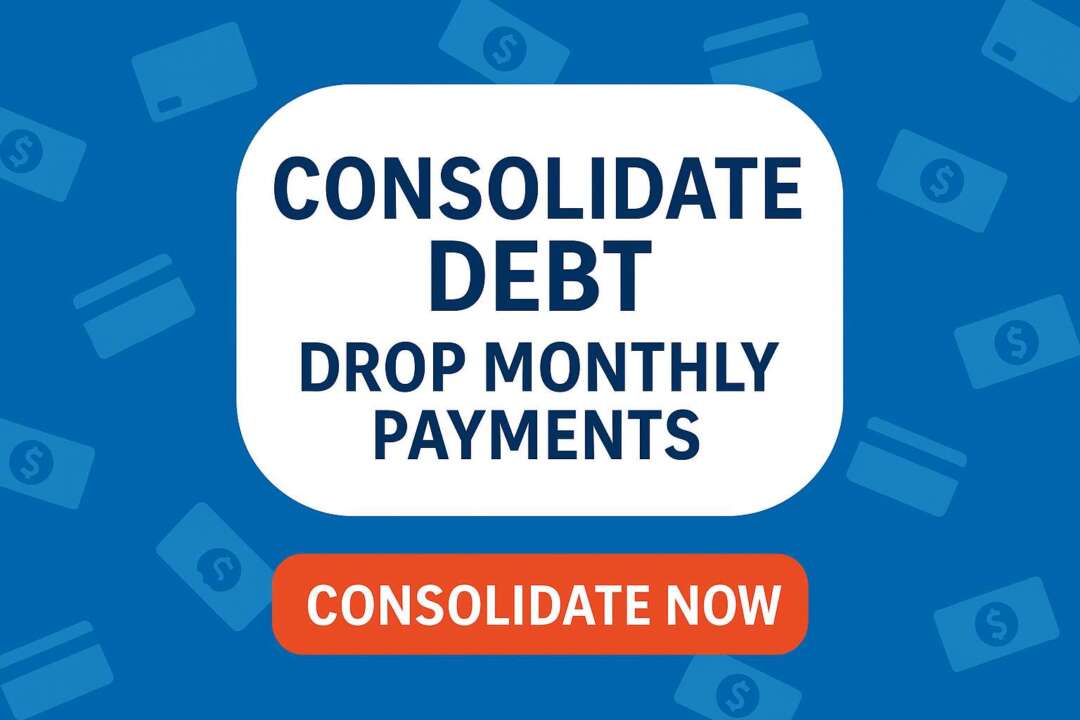5 things you should know about debt settlement before doing it! Debt Settlement Detailed Review.
We’ve spent years in the financial services industry. And we’ve studied how debt settlement companies work as well as the customer who use them. I want to tell you 5 things we’ve learned about the industry that you should know before you make a decision on debt settlement.
Negotiation risk
The story of debt settlement is pretty simple and it goes like this: you stop paying your bills, creditors start to realize they aren’t going to get their money, they decide that some money is better than no money, they knock down your debt, you pay the difference, and walk away debt-free. That’s the story, but that’s the best-case-scenario. And that leaves out a lot of other stuff. It leaves out the violence it does to your credit history. It leaves out the collection calls. It leaves out the months in which the process hangs over you. And it leaves out the considerable risk in the negotiation process. Some creditors will negotiation quite hard. You might not be able to discharge as much debt as you had hoped. Some creditors are less likely to make a deal because they don’t want to encourage the debt settlement industry. Some creditors are willing to play hardball. These will simply sue you. And when they sue you, you will need to pay a lawyer to represent you. When you go down the debt settlement path, you need to be aware of the risk entering these negotiations can bring.
The big trade-off
When you’re buried in debt and just want it to go away, it can be tempting to look at debt settlement as the solution. After all, the companies talk about how they will take over and you won’t have to think about it anymore. That can certainly be enticing. But, you do need to understand the trade-off at the heart of debt settlement. You are trading the possibility of a lower debt burden for the certainty of your credit history being tarnished for years. Even if debt settlement could be done in the blink of an eye, it will take you years to rebuild your credit. And debt settlement doesn’t happen in a blink of an eye. It often takes years for the debt settlement process to unfold. During that time, your credit history is being pummeled. You have no chance of rebuilding until you discharge all the debt. Only then can you begin to rebuild your credit. In the best case scenario, doing debt settlement will mean three or four years before you can begin to see your credit rebound. For some, that trade-off is worth it. But for too many, they don’t realize they are making that trade-off until it’s too late.
Monthly payment
It can be discouraging send every extra penny you have on debt payments, especially if the debt doesn’t feel like it’s going down. One of the appeals of using a debt settlement company is that they can immediately lower your monthly payment. Some debt settlement companies will ask you what you want your monthly payment to be. When you significantly drop the amount you are paying towards your debts, the debt settlement process can take months–maybe even years–longer than it has to. Why? Well, the sooner you can collect a substantial amount of money, the sooner the negotiations can begin…and the more effective that negotiation will be. Don’t fall into the trap of thinking that your problem is solved when you are no longer making big payments to your creditors.
Savings
Debt settlement companies boast about cutting customers’ principle by 30%, 40%, or even 50%. The idea of cutting your debt in half sounds awfully appealing. There are two reasons why you are never saving as much as it looks. The first reason is that you are paying the debt settlement company 20-30% of the principal amount. They don’t count their fee in that savings. So, if they cut the principal by 30%, but their fee is 25%, you are saving only 5%, even though the creditor is only getting 70% of the principal. The second reason is that the IRS counts forgiven debt as income that will be taxed. At the end of the year, you will need to pay taxes on the amount the debt was reduced, even if a big chunk of that was taken by the debt settlement company. So, to continue the previous example: the IRS will expect you to pay interest on the 30% that was reduced, even though 20% it went to the debt settlement company.
I get a fair bit of criticism when I end the discussion there. Many people complain that I am not counting all the interest you save in the process. I do ignore the “saved” interest. I ignore it for a couple of reasons. First, giving a debt settlement company credit for the interest you would save implies that there are only two ways of tackling the debt: 1) use their services, or 2) pay the minimums on your credit card forever. I fundamentally disagree with framing the issue that way. These companies would love for you to see the issue that way because it implies they are the only solution to your problem.
But there is another reason I ignore “saved” interest: that interest doesn’t really exist until it is accrued. To be able to claim that interest as “saved” you would have to perfectly predict how you would pay off the debt. And, let’s be honest, if we could predict the future, few of us would run into any financial challenges. This is why these companies can’t boast about the interest they will save you…because it’s purely hypothetical. If you make an extra principal payment, the interest you would have paid goes down.
We also don’t mention it for a simpler reason: you could do what these companies are doing on your own. In that case, the companies aren’t saving you any interest you wouldn’t save on your own.
What you pay
Debt settlement companies are pretty good at hiding the cost of the debt settlement process. I don’t actually mean that they are dishonest about it. What I mean is that the amount of money they are siphoning out of the process looks invisible to you because it comes out of the pot of money you are building for the negotiation process. Ideally, it just comes out of the decrease in the principal that you owe. Most companies charge 20-25% of the amount of debt that you enroll in the process. They get paid when the debt is discharged. But, here’s the thing, they get that same fee whether they are able to lower your debt by 20% or 50%. And in fact, they will talk about decreasing someone’s principal by 50%. But, you need to remember that they are still taking 25%. So, you are still paying for 75% of the principal. I think the open question is whether you would be able to settle your debts more quickly if you used that 25% for debt payoff rather than fees to your debt settlement company.
My Conclusion about Debt Settlement
Debt settlement may still be the best course of action for your particular situation. Only you can know that for sure, but you should go into that decision fully aware of these five things. That way, you are in a better position to make an informed decision. Also, don’t fall into the trap of thinking that debt settlement is the only way out of your financial predicament. Visit us at The Yukon Project for strategies for getting out of debt, access to debt consolidation loans, and information about how you can navigate the financial wilderness.
If you have any particular experience with debt settlement, leave a comment below. Tell us what went well, what you wish you had known, and whether it ended up being a good decision for you. If you found this video useful, please like it and subscribe to our channel.
Stop paying the high interest rates from carrying a monthly balance on your credit card!
Soft Credit Pull, Up To 40 Lenders at Once, See what you’re approved for!





























